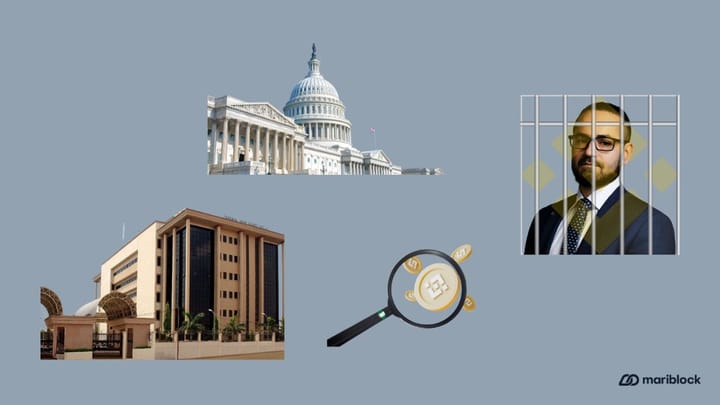Namibia’s crypto regulatory bill signed into law
This comes a month after the country’s parliament passed the bill and forwarded for approval

The government of Namibia has officially assented to and gazetted the law on the regulation of virtual assets and virtual assets service providers (VASPs) that was passed by the country’s parliament in June.
The details
- The Namibia Virtual Assets Act 2023 was signed by the country’s head of government, President Hage Geingob on July 14.
- The now-gazetted law states the guidelines for licensing virtual asset service providers and provides for the establishment of a regulatory authority to oversee their affairs.
- The law also states that designated regulatory authority will exercise several powers over virtual assets service providers including providing licenses and imposing sanctions wherever and whenever it deems necessary.
- In addition, the act outlawed all VASPs, including exchanges such as Binance, which are not located in Namibia or have no entity affiliated with them registered in the country.
- Registered VASPs are also now required to obtain and keep the information of individuals who initiate or receive transactions on their platforms ensuring that there are no more anonymous transactions.
- Finally, defaulters could face up to 10 years in prison or pay up to N$10 million in fines.
Before now
- In 2017, the Bank of Namibia declared that crypto exchanges had no place in the country. According to reports, cryptocurrencies were not authorized in the country under its Exchange Control Act of 1996.
- A year later, the bank reiterated its stance, adding that the virtual asset class had no legal tender status in the country.
- Last month, Mariblock reported that the Namibian National Assembly passed a bill to regulate digital assets, cryptocurrency and digital asset service providers in the country.
Zoom out
- Earlier this month, the South African Financial Sector Conduct Authority (FCSA) declared that all crypto exchanges operating in South Africa must obtain licenses before the end of the year.
- Any exchange that continued to operate without a license risked paying fines or having their firms closed, Mariblock reported.
- Several other African countries including Morocco and Uganda are drafting laws to regulate cryptos.



